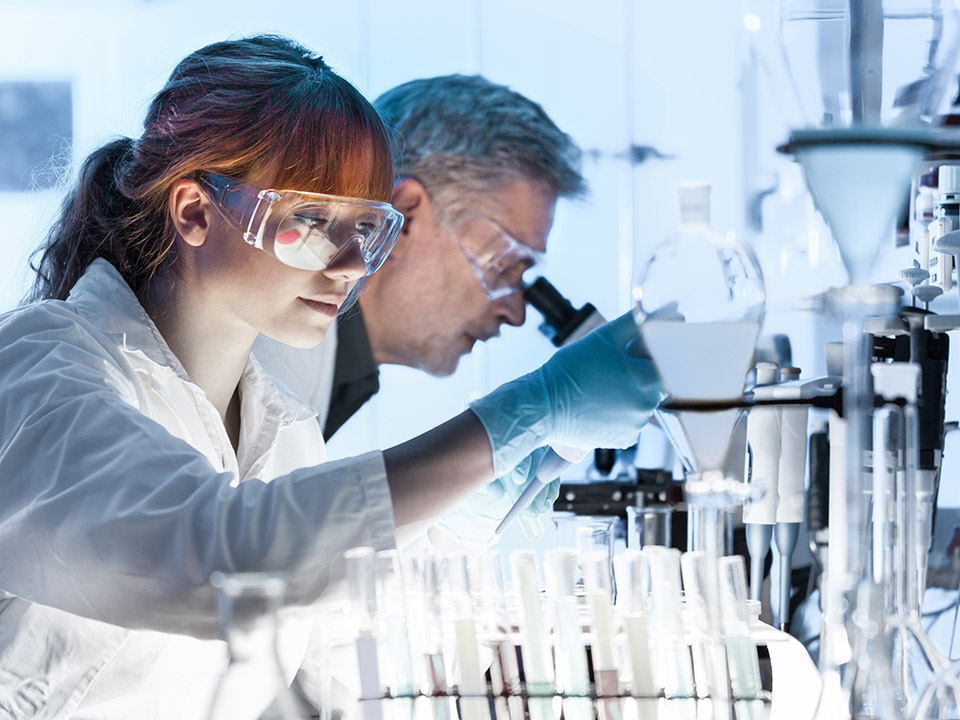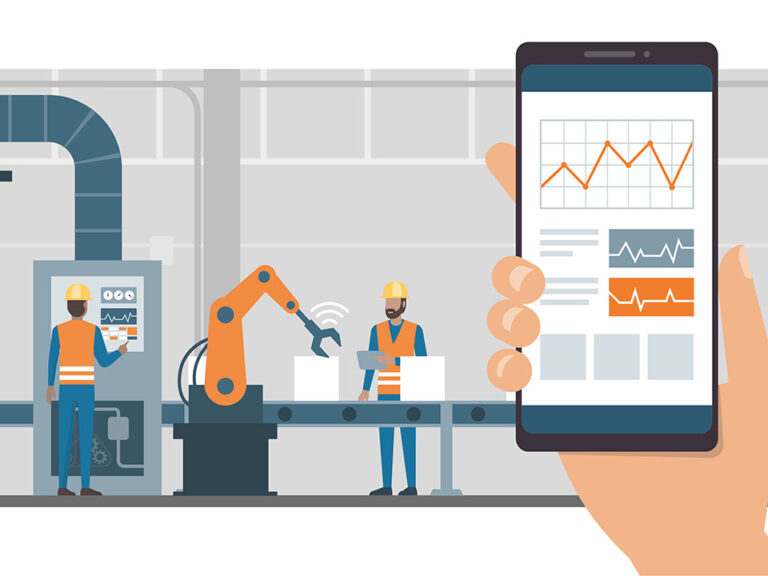The integration of artificial intelligence (AI) and automation into life science and healthcare is driving an era of unprecedented innovation and efficiency. These technologies are not only transforming patient care but also reshaping the workflows and operations of healthcare organizations and life sciences companies. This blog explores how AI and automation are revolutionizing these fields, enhancing the capabilities of healthcare workers, and improving patient outcomes.
Transforming Patient Care with AI and Robotics
Enhancing Diagnosis and Treatment
AI algorithms have the remarkable ability to analyze vast amounts of data, including medical images, to assist in accurate diagnoses. In the realm of treatment, robotic assistance in surgeries has become a game-changer, offering precision in minimally invasive procedures that were previously unimaginable. These advancements ensure patients receive more accurate diagnoses and effective treatments, leading to improved outcomes.
Streamlining Healthcare Workflows
Automation technologies are significantly reducing the burden of repetitive tasks on healthcare workers. From lab automation that speeds up testing processes to AI-powered systems that manage patient data, the healthcare industry is witnessing a shift towards more efficient and error-free operations. These technologies allow healthcare providers to focus more on patient care than administrative tasks.
Revolutionizing Life Sciences with AI and Automation
Accelerating Drug Development
The journey from research to a new drug reaching the market is long and complex. AI and machine learning are playing crucial roles in making this process faster and more cost-effective. By leveraging these technologies, life sciences organizations can analyze data from clinical trials more efficiently, identifying potential therapies at a pace never seen before.
Advancing Research and Development
AI and automation are also revolutionizing the field of research and development within life sciences. Automation solutions in laboratories make it possible to perform experiments and analyze results with great accuracy and minimal human intervention. Meanwhile, AI applications are helping to uncover insights from data that were previously hidden, driving forward scientific discovery and innovation.
Supporting Healthcare Workers and Enhancing Efficiency
Robots in Healthcare: Assisting Professionals and Patients
Service robots and surgical robots are increasingly becoming an essential part of the healthcare system, assisting healthcare professionals in delivering patient care and even performing specific tasks autonomously. These robots are used to disinfect areas, deliver supplies, and even support patients directly, showcasing the diverse applications of robotics in healthcare.
Intelligent Automation for Healthcare Organizations
Intelligent automation combines AI with robotic process automation (RPA), enabling healthcare organizations to automate complex processes. This not only enhances operational efficiency but also improves healthcare delivery by ensuring tasks are completed quickly and accurately. Healthcare providers can leverage intelligent automation to streamline patient appointment scheduling, billing, and claims processing, among other processes.
The Future of Healthcare and Life Sciences
The potential for AI and automation within healthcare and life sciences is vast. As these technologies continue to evolve, they offer promising solutions to many of the challenges faced by these sectors. From reducing healthcare costs and addressing the demand for services to advancing patient care and scientific research, the impact of AI and robotics is profound and far-reaching.
Conclusion
AI and automation are at the forefront of transforming the life sciences and healthcare sectors, introducing new levels of innovation and efficiency. By enhancing patient care, streamlining workflows, and accelerating research and development, these technologies are setting the stage for a future where the possibilities are limitless.
As we look toward this promising future, organizations within these fields must embrace AI and automation to stay competitive and meet the evolving needs of patients and healthcare professionals alike. For those ready to embark on this transformative journey, Leaniar offers the expertise and solutions needed to harness the power of these technologies.
Frequently Asked Questions
How is AI improving diagnosis and treatment in healthcare?
AI algorithms analyze medical images and patient data to assist healthcare professionals in making more accurate diagnoses and treatment plans.
What role does automation play in healthcare workflows?
Automation takes over repetitive tasks, such as data entry and laboratory processes, improving efficiency and allowing healthcare workers to focus on patient care.
How are life sciences companies using AI and automation?
These companies leverage AI for faster drug development and use automation to increase efficiency in research and laboratory tasks.
Can robots assist in patient care?
Yes, robots are increasingly used in healthcare settings for surgeries, disinfection, supply delivery, and even direct patient support.
What is the future of AI and automation in healthcare and the life sciences?
Further integration of AI and robotics will be necessary to meet healthcare demands, lower costs, and advance patient care and scientific research in the future.
To explore how your organization can benefit from AI and automation in healthcare and life sciences, contact Leaniar today. Let us help you revolutionize your operations and improve patient outcomes with our cutting-edge solutions.






